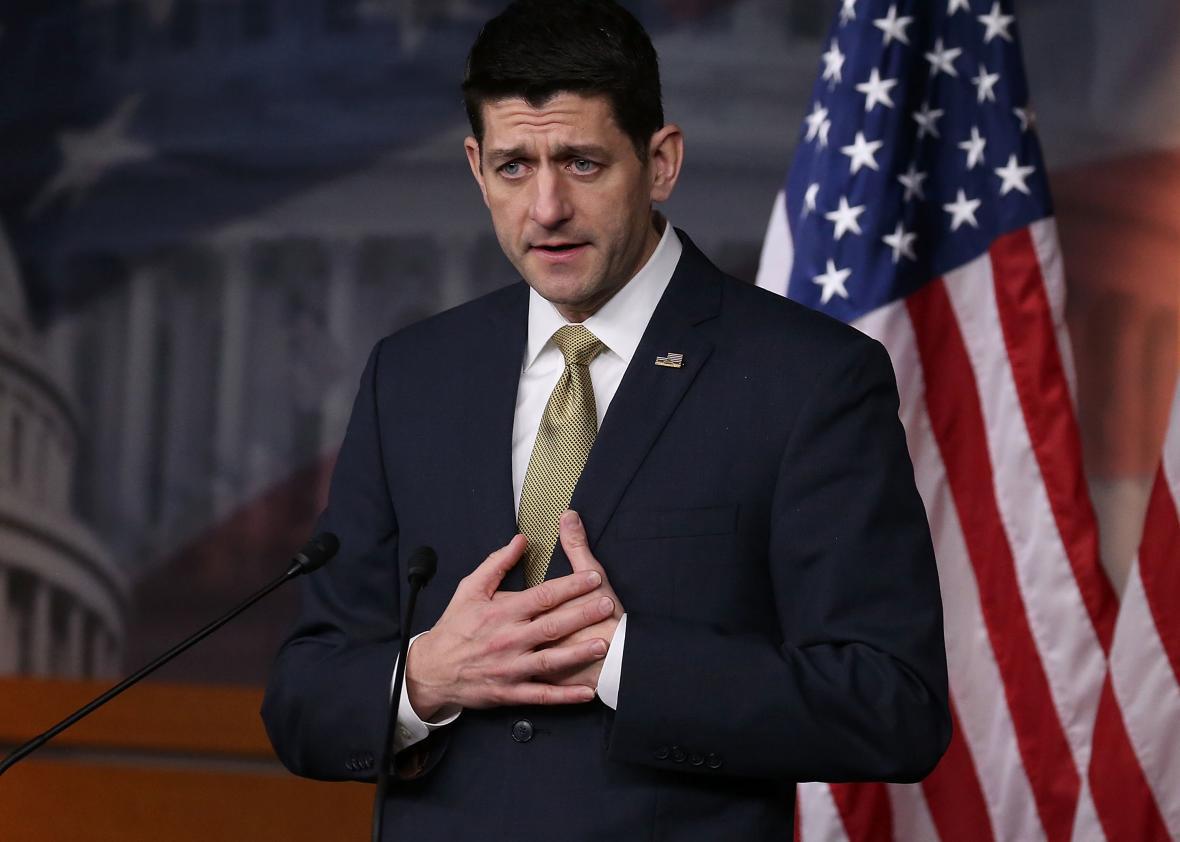I have been mulling over the bits and pieces of what has been said over this breakfast table this weekend and, without weighing into the raging battle over the real-world utility of legal academia, I would say that I do agree with Judge Posner’s contention that the conversation about Justice Antonin Scalia’s legacy—especially in the weeks immediately after his death—were almost completely hagiographic and not very critical or rigorous. I think this extended far beyond the bench and the academy and into the entire commentariat, and was relieved, at least in the first days, only by a few grave dancers that were about as vicious as the hagiographers were glowing.
I continue to be baffled by the rules of engagement when a prominent public intellectual dies, especially since I work for a publication that is sometimes known for the takedown obit. I think that even in the era of Twitter we might agree that one should wait a few days before delighting in someone’s demise, but it certainly does not leave much public space for a serious discussion of the ways in which a man’s legacy—in this case Justice Scalia’s—left a good many women, minorities, and others worse off. One other late reflection on this? Many angry readers pointed out to me, as the Scalia tributes poured in, that an ode to the man’s bonhomie and friendship with Justice Ruth Bader Ginsburg does not substitute for intellectual rigor. Fair enough. Maybe this goes to Akhil’s point about the media’s failure to watchdog the justices. But I think it also reveals the narrow bandwidth we all operate on in the weeks after a prominent intellectual’s death and raises some larger questions about criticism of the court and blind reverence, raised here by Judge Posner.
On a separate topic, I have been thinking about Walter’s and Akhil’s observations about the complete opacity around a 4–4 split. Linda Greenhouse made a similar argument this weekend, name-checking Walter, then quoting Frederick Schauer, a University of Virginia law professor, who has written that “[a]nnouncing an outcome without giving a reason is consistent with the exercise of authority” while giving reasons is “a sign of respect.” But beyond the lack of clarity and the incoherent authoritarianism, the other problem with a one-sentence affirmation is that it can be sold to the public as anything you want to sell. And some parts of the media have continued to suggest the decision in U.S. v. Texas represents some kind of “rebuke” to or approval of the Obama administration’s executive overreach on immigration. Of course the decision was no more a conscious “rebuke” or approval than any other nondecision, but it has certainly emboldened the obstructionists to claim that the court gave the president the spanking he deserved. As House Speaker Paul Ryan spun it when the case was announced, this was a massive win on executive power principles: “This is a win for the Constitution, it’s a win for Congress, and it’s a win for our fight to restore the separation of powers. Congress, not the president, writes our law and today the Supreme Court validated that very core, essential fundamental principle.” Of course, the court validated no essential principle beyond the fact that they are essentially stuck in an uneasy draw. But the lack of transparency Akhil bemoans allows for this kind of rank distortion of the court’s very functions. I think it only harms the court and will get worse as the 4–4’s and denials of cert continue. So maybe I would flip Judge Posner’s premise on its head yet again: The interesting problem for me this term is not who is out there bravely criticizing a mystified court but, in fact, who is out on the hustings defending it? The justices themselves are not talking about gridlock; Senate Republicans are openly celebrating it. So who is making a compelling case for the fact that this gridlock matters? The same public reverence for the apolitical perfection of the institution is at work—both in criticizing and bolstering it.
One other quick thought on the Texas immigration case: The irony of Paul Ryan and his fellow Trump boosters (there! I worked Donald Trump in on Day 5 of the Breakfast Table!) celebrating U.S. v. Texas as a big win for curbing executive excesses cannot be lost on any of you. That same contingent that this week lauded the Supreme Court as a vital check on presidential overreach is also proudly maintaining that a paralyzed court is a terrific idea, all while claiming that Donald Trump—who has never met a check or balance to which he might someday accede—is their top choice for the White House. As Adam Liptak recently observed, some of the nation’s most conservative legal thinkers agree that Trump has evinced absolutely no interest in constitutional checks on his power to do some alarming things: from ordering torture, to imperiling religious freedom, to changing the nature of the First Amendment. It makes very little sense to happy dance about the hobbled court’s brave check on Obama and his executive overreach while supporting a man who doesn’t believe in the rule of law in the first instance.
Dawn, looking forward to your thoughts on Texas’ abortion decision.
